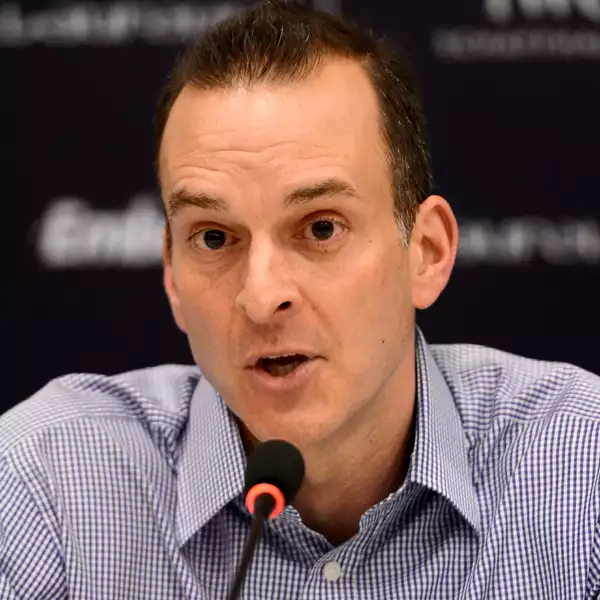 U.S. Anti-Doping Agency CEO Travis Tygart recently unveiled the reasons behind the deteriorating relationship between the USADA and the UFC. This process began during the past summer and was marked by disagreements over the potential return of UFC superstar Conor McGregor.
U.S. Anti-Doping Agency CEO Travis Tygart recently unveiled the reasons behind the deteriorating relationship between the USADA and the UFC. This process began during the past summer and was marked by disagreements over the potential return of UFC superstar Conor McGregor.
In July, UFC CEO Dana White asserted that there was a "100 percent" chance of McGregor fighting later in the year. White openly challenged the anti-doping agency's stance that McGregor, who was returning from a broken leg sustained at UFC 264, needed to be enrolled in the UFC's anti-doping program for at least six months before competing.
White, in a later clarification, aimed his comments more at the media's use of his quote. Nevertheless, it conveyed a clear message to Tygart: the UFC was not in sync with USADA's demands. USADA never received an official request for an exemption from the UFC, according to Tygart. However, the agency's stance didn't sit well with the promotion.
Recently, Tygart disclosed that he was on a call with UFC executives who informed him of the promotion's decision not to renew its contract with USADA, which had overseen the UFC's anti-doping program since 2015. Tygart was perplexed by the UFC's claim of financial concerns, as the organization had never raised this issue before and was now valued at $12 billion.
As of January 1, 2024, Conor McGregor's six-month testing window will cease to be under USADA's jurisdiction. Tygart anticipates that the UFC will engage another firm, perhaps a private company, to manage its anti-doping program, which may fall short of USADA's standards. He expressed concerns that the move could compromise the effectiveness and transparency that the current program provides.
USADA's involvement in the UFC, despite facing criticism for a lack of transparency and inconsistency, played a significant role in promoting clean competition. Several fighters supported the agency's anti-doping program as it aimed to keep the sport drug-free. Curtis Blaydes, a UFC heavyweight, stated that year-round testing was vital to root out cheaters.
While Tygart acknowledged that some UFC fighters might have held grudges against him, he stressed that the majority favored the anti-doping program, viewing it as essential for clean sport and athlete protection.
Although the UFC has decided to part ways with USADA, the agency's eight years of work in the sport remain. USADA will continue to be involved in MMA through its partnership with the PFL, managing the promotion's drug-testing program.
Tygart emphasized that USADA would never compromise its integrity for financial gain, which likely contributed to the fallout with the UFC.


